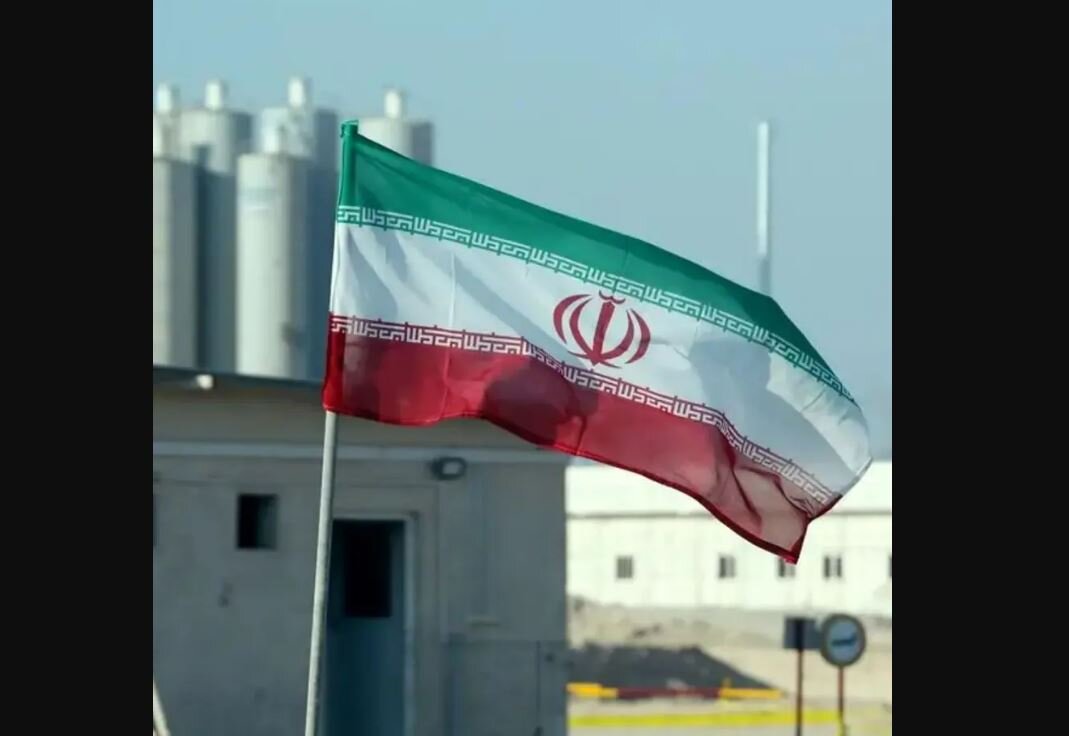The evolving debate: Iran's nuclear policy and regional security concerns

MADRID – At a time of maximum regional tension, provoked by the genocidal actions of Israel, a public debate is emerging in Iran regarding a possible change in its nuclear doctrine.
This phenomenon occurs amidst what international relations expert Bruno Maçaes describes as a "liquid moment"—an idea held by key figures in the United States, Israel, and elsewhere, suggesting that West Asia is ripe for a political reconfiguration that eliminates the obstacles preventing the hegemony of Israel and the United States.
In recent weeks, particularly following the assassination of the Secretary General of Hezbollah by Israel, media outlets and various figures have directly raised this issue. Until recently, the topic had been practically closed to public debate, due to a fatwa issued in 2003 by Leader of the Islamic Revolution Ayatollah Ali Khamenei that explicitly prohibited the production and use of nuclear and biological weapons. The legal and political significance of this fatwa was so profound that in 2021, then-Minister of Intelligence Mahmoud Alavi faced severe criticism from Islamic jurists after asserting that if the country were cornered, it should consider possessing nuclear weapons for self-defense.
However, recent events have rendered this topic no longer taboo. The population, media, and politicians of the Islamic Republic are now discussing the possibility of revising the country's nuclear doctrine in the face of a serious threat to its sovereignty or national security. If this change has not yet occurred, it is not due to a lack of technical or scientific capability, but rather the explicit prohibition of the fatwa.
In this context, Iran has increased both the number and complexity of the centrifuges used for enriching uranium in recent years, accumulating a significant stockpile of material close to the category of weaponry. The genocidal actions and crossing of all red lines by Israel in the past year have created a consensus on the necessity of opening a debate on Iran's nuclear doctrine.
Against this backdrop, Foad Izadi, an expert in international affairs, raised a troubling question during an interview: "Currently, when Zionists, who possess nuclear weapons, are killing people in Gaza in this manner and have no ethical restrictions, asserting that their main enemy is Iran and that they possess weaponry that Iran does not, shouldn't Iran consider a change in its military doctrine?"
This question underscores the impact of regional events on Iran's defensive policy, emphasizing that the strategic decisions of the Islamic Republic are not immutable. Rather, they are subject to constant review and change, while still maintaining certain non-negotiable principles such as independence, autonomy, and a ummatic vision.
In May 2024, Sayyed Kamal Kharrazi, chairman of Iran's Strategic Council on Foreign Relations, declared that if the Zionist regime dared to damage Iran's nuclear facilities, "our level of deterrence would be different." Kharrazi emphasized that while the country has no intention of producing a nuclear bomb if it were threatened, "they might be compelled to change their nuclear doctrine."
Recently, high-ranking military officials have indicated that if Israel decides to attack nuclear facilities, a revision of Iran's nuclear doctrine and policies, as well as a deviation from previously announced considerations, would be possible. This perspective has generated extensive debate on the necessity of adjusting the country's nuclear strategy.
National security experts, such as Abolfazl Bazargan, consider that revising the nuclear doctrine is the "only way to control tensions in West Asia." In an interview with a local media outlet, Bazargan underscored that "nuclear capability has proven to have a significant impact on the level of competition, as well as on the ability to manage rivalry and tensions, contributing to stability in the region among adversaries."
Bazargan also highlighted that Iran is not a normal state and, therefore, security issues must be addressed appropriately. "The presence of U.S. nuclear vessels in the Persian Gulf and their bases around Iran, which have repeatedly threatened us with a nuclear attack, further increases our perception of the need to develop nuclear capabilities," he added.
In this context, many experts point out that possessing nuclear capabilities allows competitors and enemies, despite their antagonism, to maintain their rivalry at a manageable level. To date, the Islamic Republic has singularly managed to establish effective deterrence without possessing nuclear weapons. Thus, the construction of nuclear armaments is not considered a critical issue for the country, but rather a defensive incentive.
Hassan Khomeini, a cleric and grandson of the founder of the Islamic Republic, also addressed the need to enhance Iran's deterrent capabilities at a time when threats from Israel and the United States are particularly relevant. His intervention underscores the growing urgency of a debate on Iran's nuclear strategy, which could define the future of regional policy and the country's national security.
In a significant development, 39 members of the Iranian parliament have sent a letter to the country’s National Security Council requesting a review of the Islamic Republic's defensive doctrine, as well as the authorization and resources necessary for the construction of nuclear weapons. From the perspective of these lawmakers, the acquisition of an atomic bomb by Iran would provide substantial capability to support Palestine and resistance movements. They believe that having a nuclear arsenal would be an invaluable resource for confronting enemies like Israel, which does not respect any limits in their actions.
The current context in the region, characterized by an unrestrained Israel that has crossed numerous red lines, has catalyzed a public debate on the nuclear doctrine that, just a few months ago, would have seemed unthinkable and unnecessary. Whatever path the Islamic Republic chooses regarding its nuclear doctrine, the call for change is growing stronger, reflecting widespread concerns about national security in an increasingly unstable regional environment.
Leave a Comment